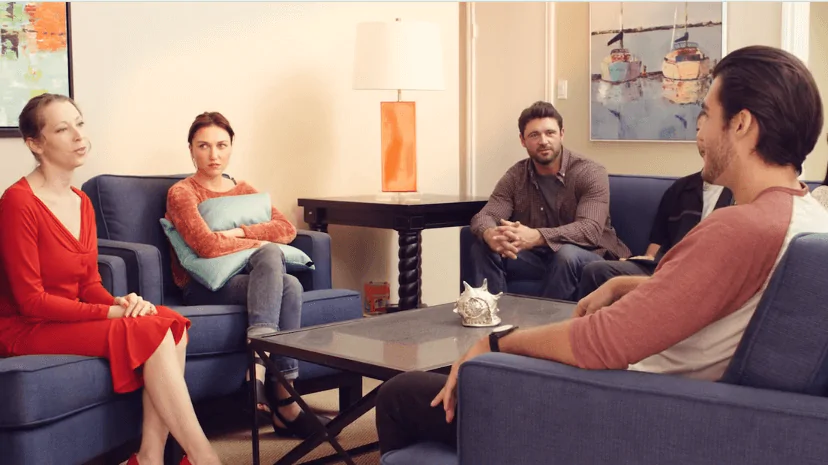24/7 Helpline:
(866) 899-221924/7 Helpline:
(866) 899-2219
Learn more about Aftercare Support centers in Clarksville
Aftercare Support in Other Cities

Other Insurance Options

Holman Group

Horizon Healthcare Service

PHCS Network

UMR

Aetna

Magellan

BlueShield

Sliding scale payment assistance

Meritain

Health Net

Health Choice

Absolute Total Care

Optum

United Health Care

WellPoint

Premera

CareFirst

BlueCross

Lucent

Medical Mutual of Ohio












